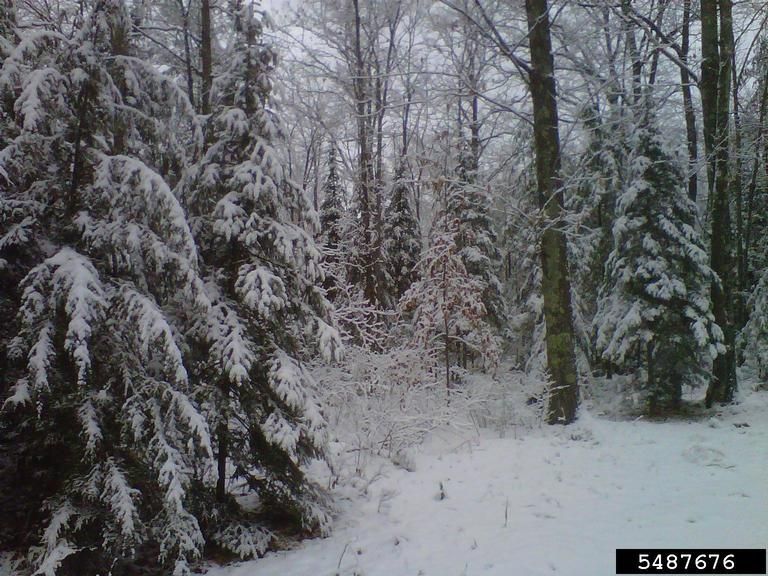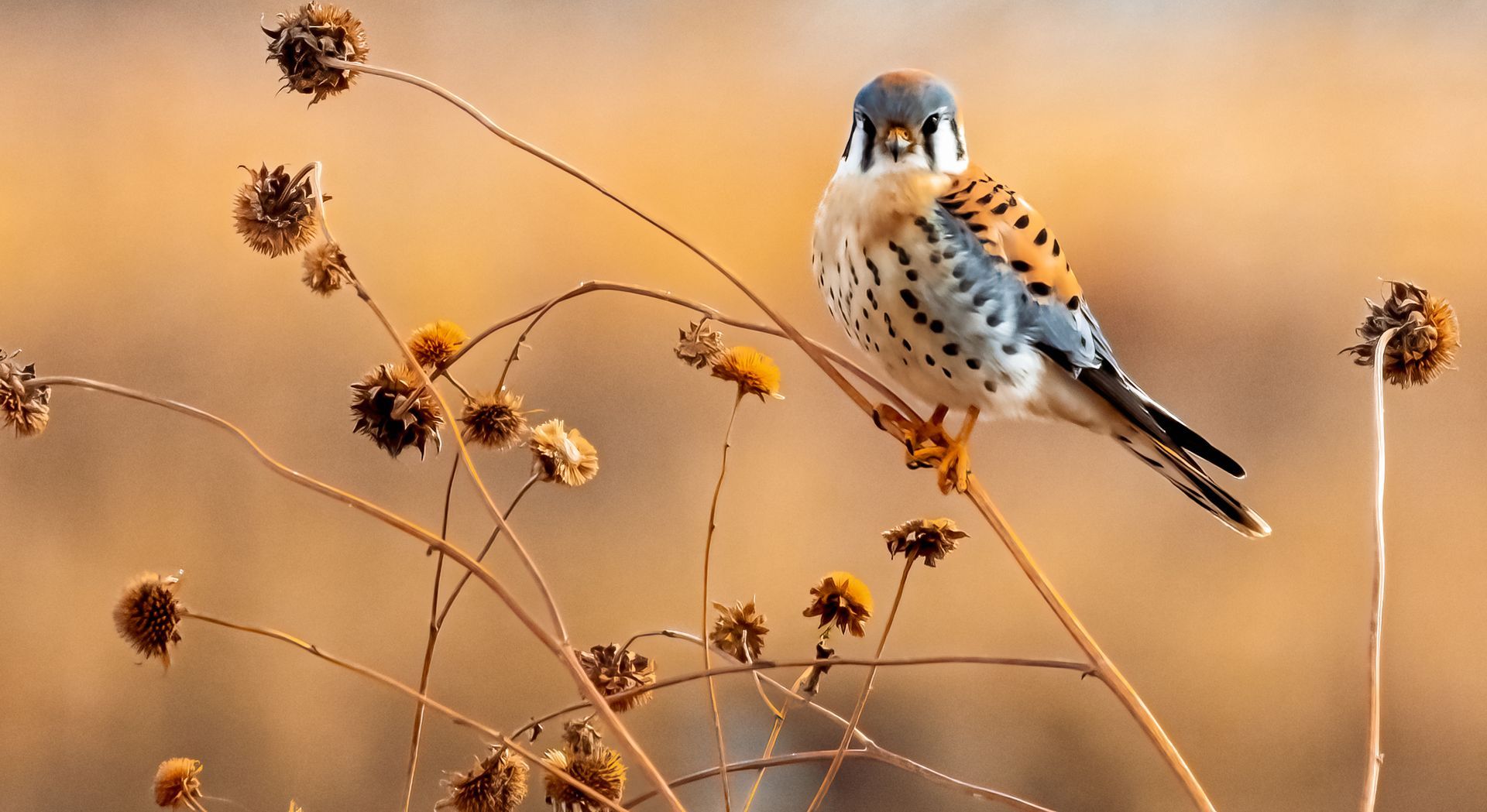April NRC Recap: Deer tracking with dogs debated , duck and goose seasons passed
A packed April meeting yielded little action for commissioners at their monthly Natural Resources Commission (NRC) meeting .
Wildlife Conservation Order #5 of 2023 was tabled by commissioners until the May meeting with more questions on the best approach to allow off-lead dog tracking. Conversations with the department, NRC, and stakeholders are ongoing regarding the proposed language requiring GPS collars for tracking dogs. MUCC testified in favor of off-lead dog-tracking without the GPS requirement at the March meeting .
MUCC’s members weighed heavily and ultimately passed a resolution supporting off-lead tracking at the 2023 MUCC Annual Convention, said Justin Tomei, MUCC policy assistant.
“Our membership continues to support the use of qualified off-lead tracking dogs without requiring a GPS collar for the purposes of tracking legally harvested big game,” Tomei said. “We have concerns about requiring dogs to wear GPS and if the requirement is equitable.”
The commission unanimously approved Wildlife Conservation Order #4 of 2023 , which included proposed hunting seasons for duck and goose.
The commission had no new items up for information, and the director had up for information Wildlife Conservation Order #6 of 2023 . If signed at the May meeting, it would change the definition of damage required for nuisance removal and expand the roster of nuisance animals . It would also allow private landowners to nuisance animals under certain conditions.
A stuffed director’s report was kicked off with recognition of former Commissioner Keith Creagh, whose term expired at the end of 2022.
The Pure Michigan Hunt winners were recognized. MUCC is a sponsor of the Pure Michigan Hunt and provided a prize package to the winners.
Erik Eklund, Department of Natural Resources (DNR) Finance and Operations Division chief gave a presentation on the Governor’s budget proposal .
Incoming Fisheries Division Chief Randy Claramunt presented the Fisheries Strategic Plan and the department’s intention to move to a 10-year plan system.
Brian Frawley of DNR Wildlife Division gave a preliminary report on the state’s 2022 deer harvest , including data from the traditional mail survey as well as the new mandatory harvest reporting system.
Dr. Megan Moriarty, Emily Sewell of Wildlife Division and Mike VanderKlok of the Michigan Department of Agriculture and Rural Development updated commissioners on bovine tuberculosis surveillance.
The NRC Wildlife Committee preceded the committee of the whole, where DNR Deer and Elk Specialist Chad Stewart gave a high-level presentation of deer regulation proposals coming to the May meeting. Commissioners were also updated on CWD monitoring and surveillance by DNR Executive Divisions Amy Derosier, and Wildlife Division Melinda Cosgrove.
The May meeting will be held at Lansing Community College on Thursday, May 11.
To ensure our natural resources remain protected and managed thoughtfully and our outdoor heritage defended, join Michigan United Conservation Clubs today: http://bit.ly/JoinMUCC .
The post April NRC Recap: Deer tracking with dogs debated , duck and goose seasons passed appeared first on Michigan United Conservation Clubs.



